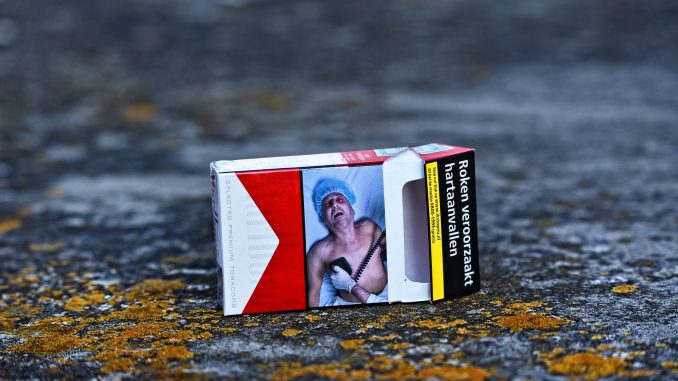
As a result of a 1999 lawsuit, cigarette packets in the US will soon need to display a “corrective statement”. The court order is a result of a lawsuit against the nation’s largest cigarette and tobacco manufacturers and trade organisations, over accusations of civic fraud over a 50 year period. Starting this week, tobacco brands will now be required to display a “corrective statement” on all packaging. These will need to state clearly the harmful effects associated with smoking.
Federal judge, Gladys Kessler, ruled in 2006 that the tobacco industry had violated laws relating to civil racketeering. The industry was then ordered to issue the corrective statements. This includes not only all packaging, but also on their website, in adverts, and in any other print.
The corrective statement ads were launched last year in newspapers, highlighting the dangers of tobacco. These adverts were paid for by tobacco companies Philip Morris USA, Lorillard, R.J. Reynolds Tobacco Co. and Altria Group. These statements will now be added to cigarette boxes directly.
The American Heart Association, the American Lung Association, the Tobacco-Free Kids Action Fund, the National African American Tobacco Prevention Network and Americans for Nonsmokers’ Rights, and the American Cancer Society, were all involved in the case.
Mary Rouvelas, senior counsel for the American Cancer Society said in an interview: “Corrective statements are essentially geared towards preventing and restraining future harm Once they start shipping, they will appear in the retailers between two days and two weeks after, depending on how much volume that retailer goes through.”
She added: “We are at a point where 480,000 people a year die from tobacco use. We want to make sure that the public knows about the harms of smoking. We want to make sure that it knows about the fact that the industry intentionally manipulated nicotine, there are dangers of secondhand smoke. All those things that are in those statements are things that we think are very important to be out in the public domain.”.


Leave a Reply